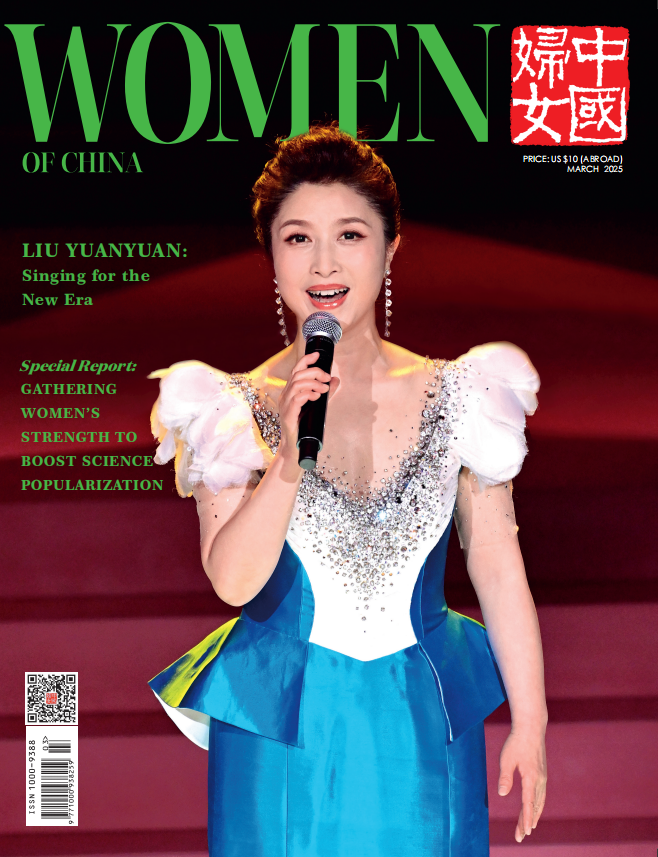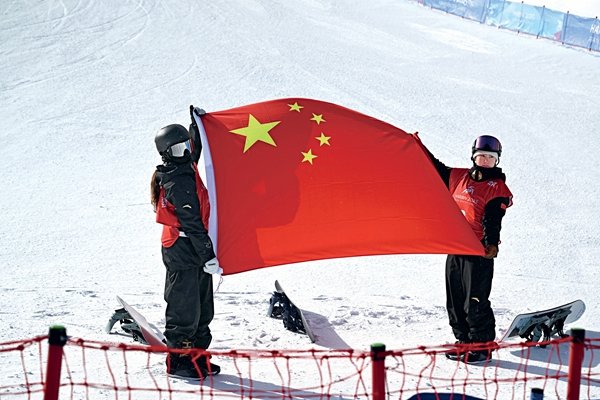Feature: Foreign Classics Inspire Chinese President Xi
BEIJING, Nov. 1 (Xinhua) — "Should we allow the world to descend into the abyss of disorder and chaos, or should we strive to steer it back on the path of peace and development? This reminds me of a novel by Nikolay Chernyshevsky entitled What Is to Be Done?" said Chinese President
Xi Jinping recently.
"The protagonist's unwavering determination and passionate drive are exactly the kind of willpower we need today. The more tumultuous our times become, the more we must stand firm at the forefront," Xi said in a speech at the 16th BRICS Summit in Kazan, Russia.
It was not the first time that Xi mentioned the novel when meeting foreign friends. Over a decade ago, when meeting with Russian sinologists, Chinese language students and media representatives in Moscow, he said he was inspired by the novel when he was young.
"Chernyshevsky was a democratic revolutionary, and his works have given us much inspiration. I read his What Is to Be Done? while living in the cave dwellings of Liangjiahe, and it had a profound impact on me," he once said.
In the novel, the protagonist lives an ascetic life, even going so far as to sleep on a bed of nails to strengthen his will. Xi was so moved that he emulated the protagonist and removed his cotton-padded mattress and chose to sleep on a brick bed so as to steel his own willpower.
The Chinese leader has always been an extensive reader of domestic and foreign literature. In the 1960s, when he was sent from Beijing to work as a farmer at Liangjiahe, a village in northwest China's Shaanxi Province, he brought two suitcases full of books.
During his stay in the village, Xi read nearly all the literary classics he could find. Once, after he overheard that a young man from Beijing had a copy of "Faust," he walked over a dozen kilometers of bumpy and dusty country road to borrow it.
His extensive reading has significantly shaped his global perspective. Since assuming leadership in China, he has prioritized cultural interaction as a trademark of his diplomacy to foster a deeper understanding between China and the international community.
"What's past is prologue," he quoted Shakespeare — whose works he first read 40 years ago — at the British Parliament during his state visit to Britain in the autumn of 2015, shedding light on his country's perspective on China-UK relations.
He likes to quote classic books by French luminaries, particularly Victor Hugo, in his speeches. Addressing the landmark 2015 Paris climate change conference to call for a deal, Xi cited an insightful line from Les Miserables: "Supreme resources spring from extreme resolutions."
Xi also draws insight from the classics for his visions of building a better world for all. A decade ago when Xi attended the sixth BRICS summit in Brazil, he mentioned in his speech a book named Brazil: A Land of the Future. The book, a significant work by Austrian Writer Stefan Zweig, offers an essential reading for understanding Brazil, as well as profound reflections on humanity.
"A Brazilian friend told me about a bestselling book titled Brazil: A Land of the Future, which expresses a beautiful hope for human civilization. I look forward to the BRICS countries jointly becoming, as envisioned in the book, a future of prosperity, strength, democracy, and civilization. Together, they can create a brighter future where global economic growth is more diverse and international relations are more democratic," Xi said.
A decade on, in the speech at the 16th BRICS Summit, Xi reaffirmed the vision for the BRICS inspired by the book and proposed to build it into a primary channel for strengthening solidarity and cooperation among Global South nations and a vanguard for advancing global governance reform.
"China is willing to work with all BRICS countries to open a new horizon in the high-quality development of greater BRICS cooperation, and join hands with Global South countries in building a community with a shared future for mankind," he said.
(Source: Xinhua)
Editor: Ye Shan
Please understand that womenofchina.cn,a non-profit, information-communication website, cannot reach every writer before using articles and images. For copyright issues, please contact us by emailing: website@womenofchina.cn. The articles published and opinions expressed on this website represent the opinions of writers and are not necessarily shared by womenofchina.cn.








.jpg)

 WeChat
WeChat Weibo
Weibo 京公网安备 11010102004314号
京公网安备 11010102004314号